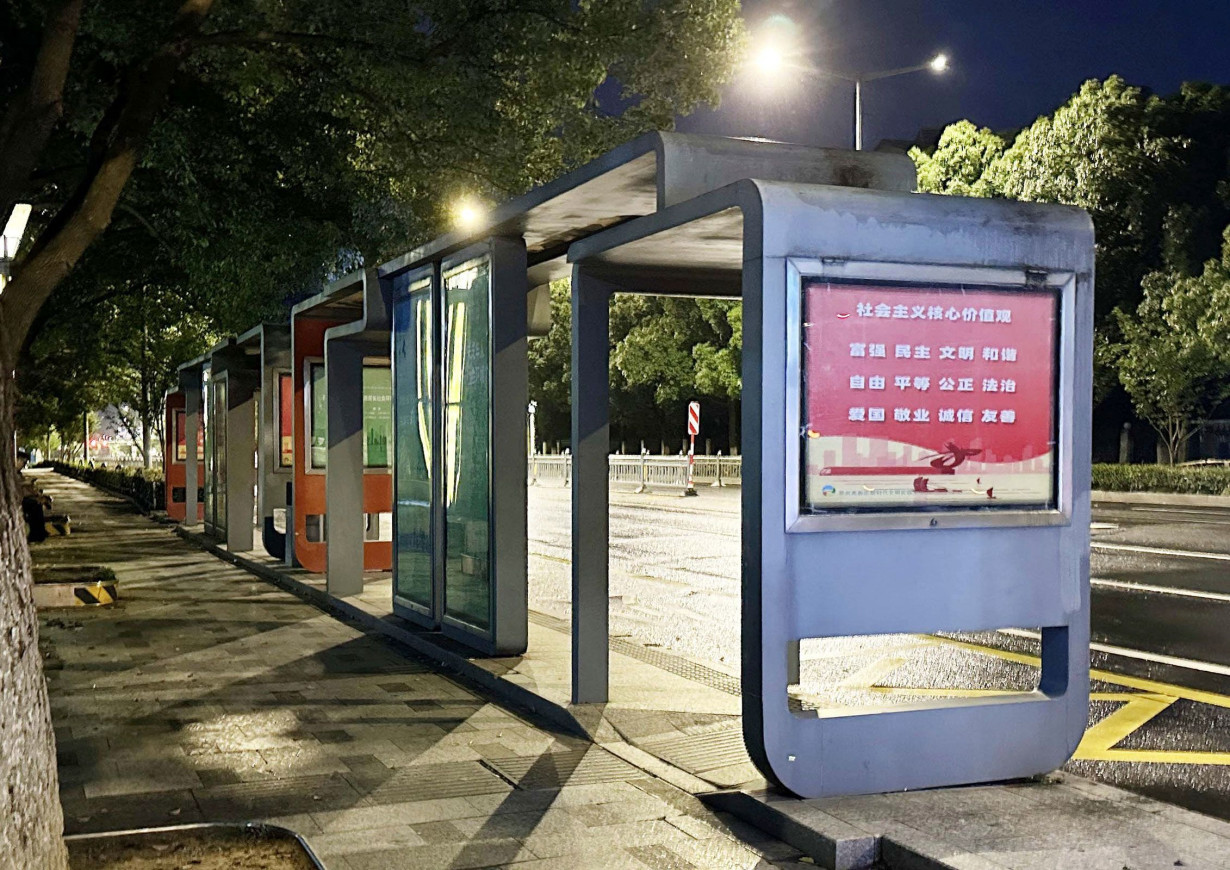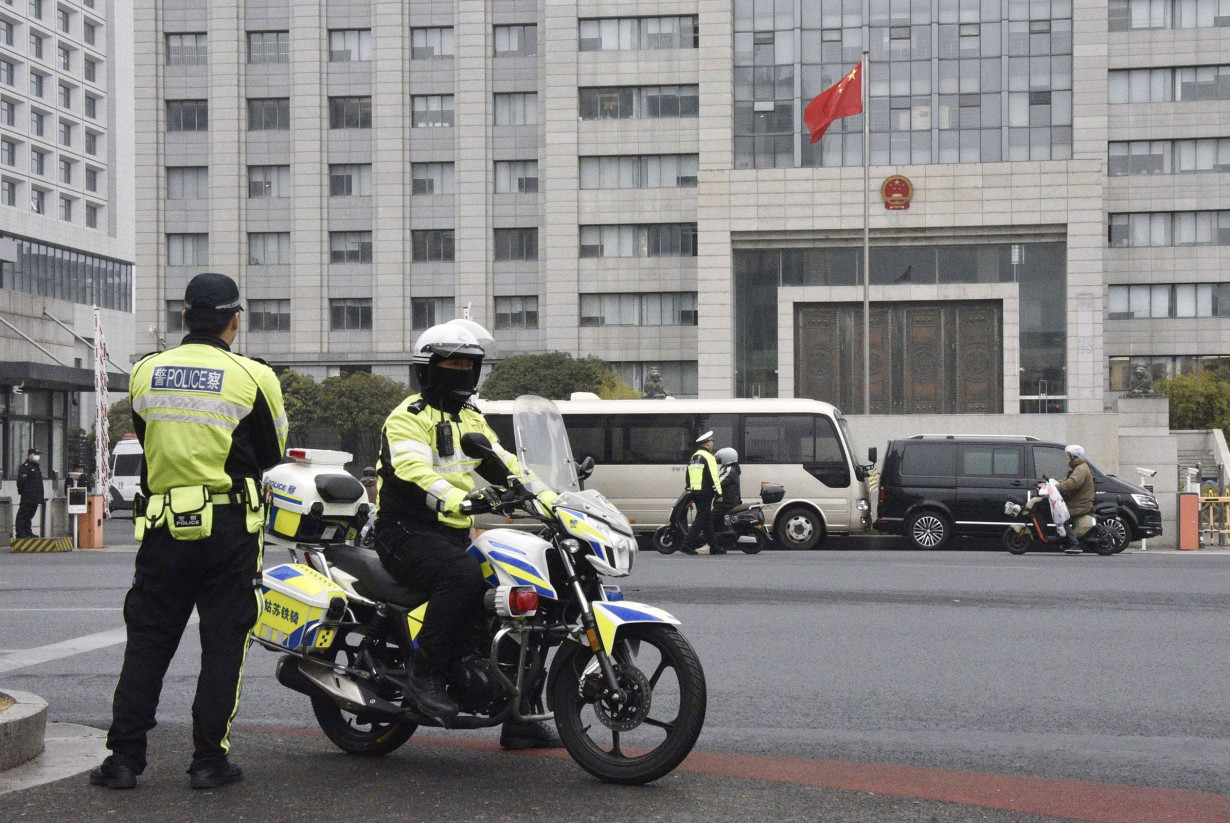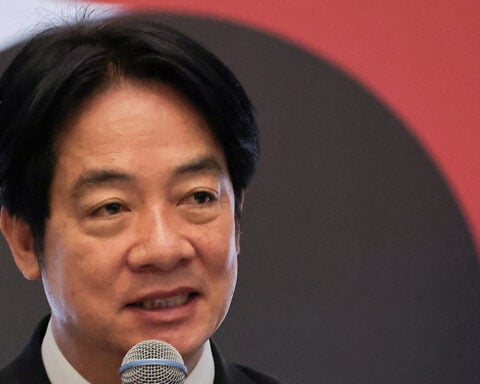Hong Kong (CNN) — A Chinese man who carried out a knife attack in eastern China last June that wounded a Japanese woman and her child and killed a bus attendant trying to protect them has been sentenced to death, according to a Japanese official.
A court in the Chinese city of Suzhou ruled that the 52-year-old unemployed man, surnamed Zhou, stabbed the trio after he became indebted and lost interest in living, Japan’s Chief Cabinet Secretary Yoshimasa Hayashi said on Thursday.
Details of the ruling were not immediately available through Chinese official announcements or local news reports, but Hayashi said Japan’s Consul General to Shanghai attended the sentencing.

“The (Japanese) government considers the killing and wounding of three people, including a completely innocent child, to be unforgivable, and we take the verdict with the utmost seriousness,” Hayashi said.
Chinese Foreign Ministry spokesperson Mao Ning stopped short of confirming the sentencing, saying only that “Chinese judicial authorities will handle (the case) in accordance with the law” at a daily press conference on Thursday.
The stabbing attack was the first of two on Japanese nationals last year that raised concerns about anti-Japanese sentiment in China and prompted Tokyo to demand Beijing ensure its citizens’ safety.
Knife attacks are not uncommon in China, where guns are tightly controlled.
The attacks relating to Japanese citizens have also occurred amid a surge of sudden episodes of violence targeting random members of the public in China, including at or near hospitals and schools.
The attack took place on June 24 when the Japanese mother was picking up her child at a bus stop near a Japanese school, Japanese officials previously said.
The mother and child suffered non-life-threatening injuries during the attack. But a Chinese bus attendant who tried to stop the attacker later died of her wounds.
On Thursday, Hayashi repeated calls for the Chinese government to protect Japanese nationals in China. The Suzhou court ruling stopped short of making any reference to Japan, he noted.
Nationalism, xenophobia and anti-Japanese sentiment have been on the rise in the country, often fanned by state media and manifested in discussions on China’s strictly censored social media platforms.
The sentiment is rooted in bitter memories of Japan’s invasion and brutal occupation in the 1930s and 1940s and fueled by present-day territorial disputes.
In September last year, a 10-year-old Japanese schoolboy was killed in a second knife attack near another Japanese school in the southern city of Shenzhen. The trial in that case was due to begin on Friday, Japanese broadcaster NHK reported.
The second attack took place on the anniversary of the “918” incident in 1931, when Japanese soldiers blew up a Japanese-owned railway in northeast China and blamed Chinese forces for the attack as a pretext to invade.
The two attacks raised alarm among Japanese living in China and prompted then Japanese Prime Minster Fumio Kishida to demand “such an incident must never be repeated.”
But China’s foreign ministry described the attacks as “isolated incidents,” and said it had taken steps to ensure foreign nationals’ safety in the country.
“China will continue to take measures to protect the safety of foreign citizens in China,” Mao said on Thursday.
The-CNN-Wire
™ & © 2025 Cable News Network, Inc., a Warner Bros. Discovery Company. All rights reserved.

 Trump has begun another trade war. Here's a timeline of how we got here
Trump has begun another trade war. Here's a timeline of how we got here
 Canada's leader laments lost friendship with US in town that sheltered stranded Americans after 9/11
Canada's leader laments lost friendship with US in town that sheltered stranded Americans after 9/11
 Chinese EV giant BYD's fourth-quarter profit leaps 73%
Chinese EV giant BYD's fourth-quarter profit leaps 73%
 You're an American in another land? Prepare to talk about the why and how of Trump 2.0
You're an American in another land? Prepare to talk about the why and how of Trump 2.0
 Chalk talk: Star power, top teams and No. 5 seeds headline the women's March Madness Sweet 16
Chalk talk: Star power, top teams and No. 5 seeds headline the women's March Madness Sweet 16
 Purdue returns to Sweet 16 with 76-62 win over McNeese in March Madness
Purdue returns to Sweet 16 with 76-62 win over McNeese in March Madness








